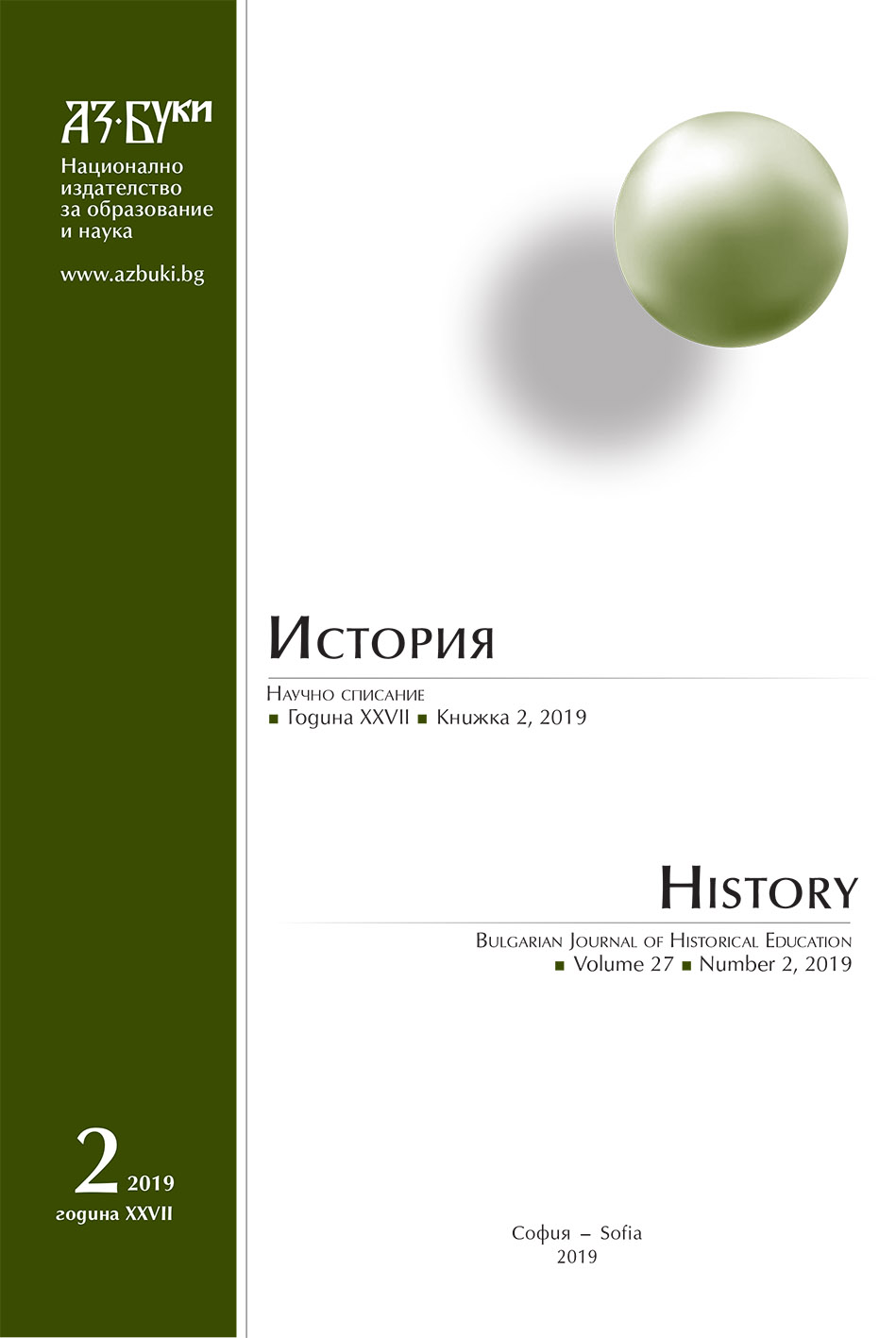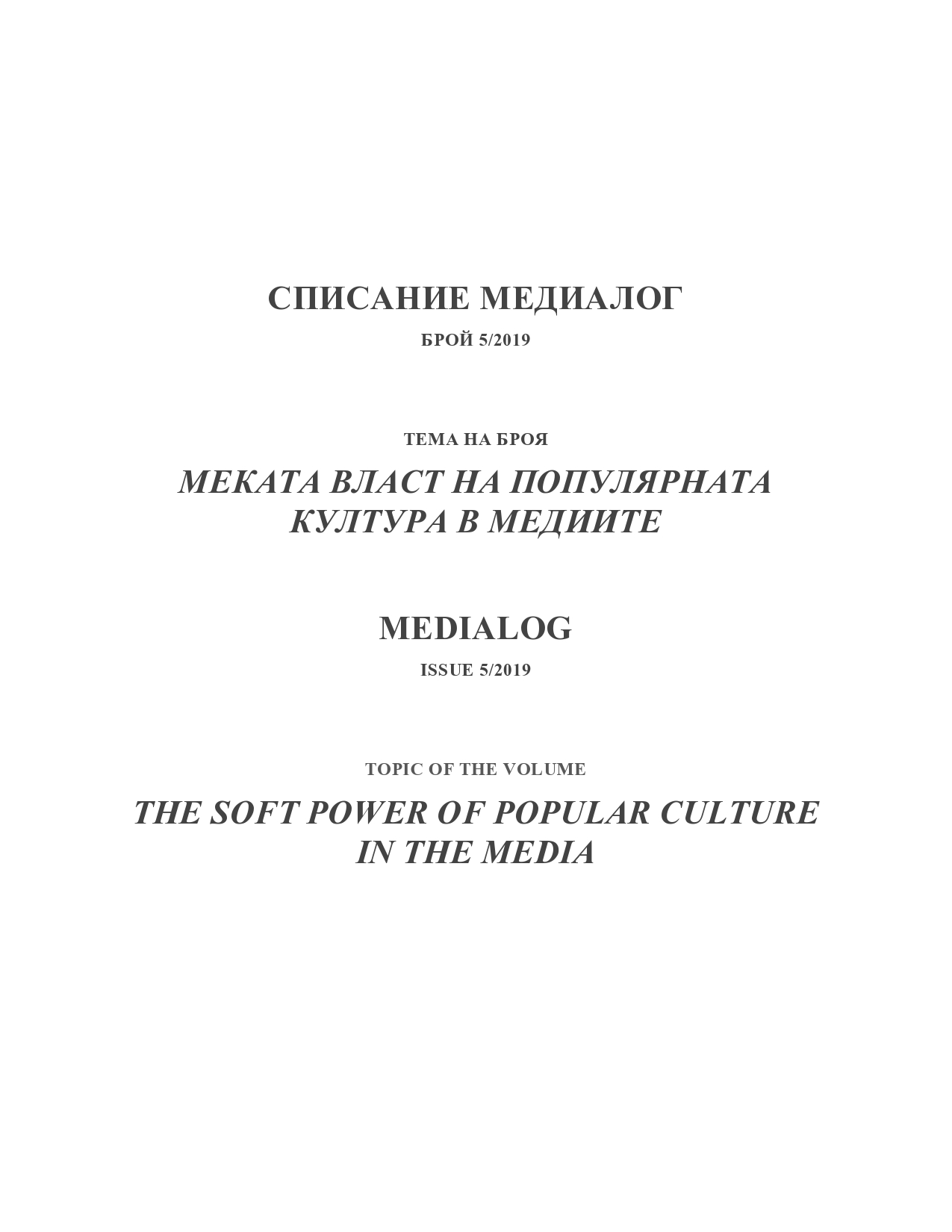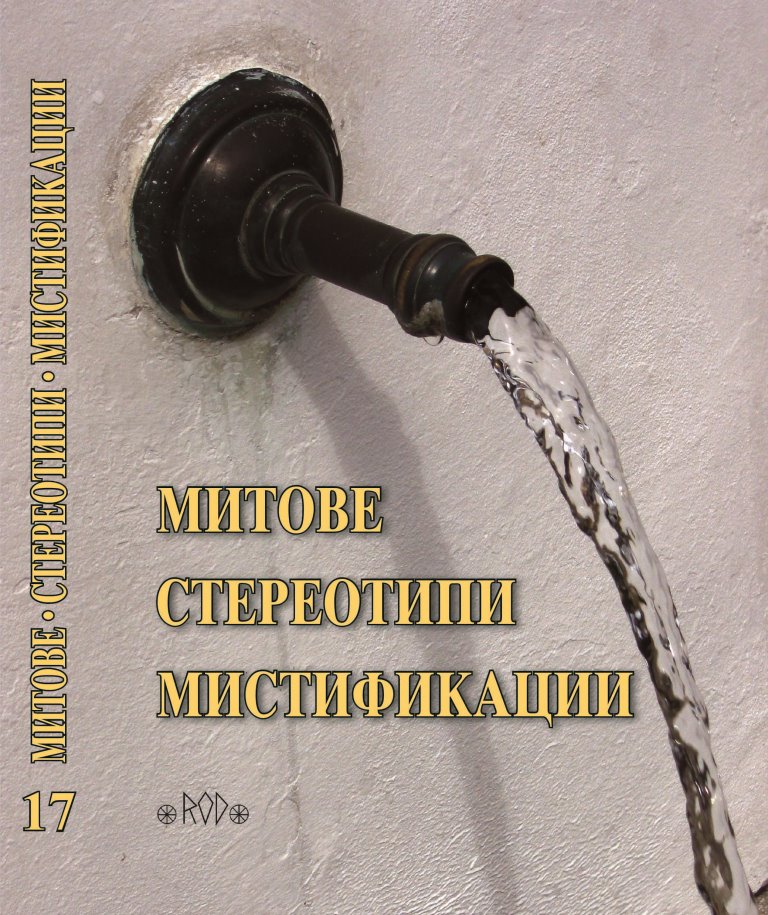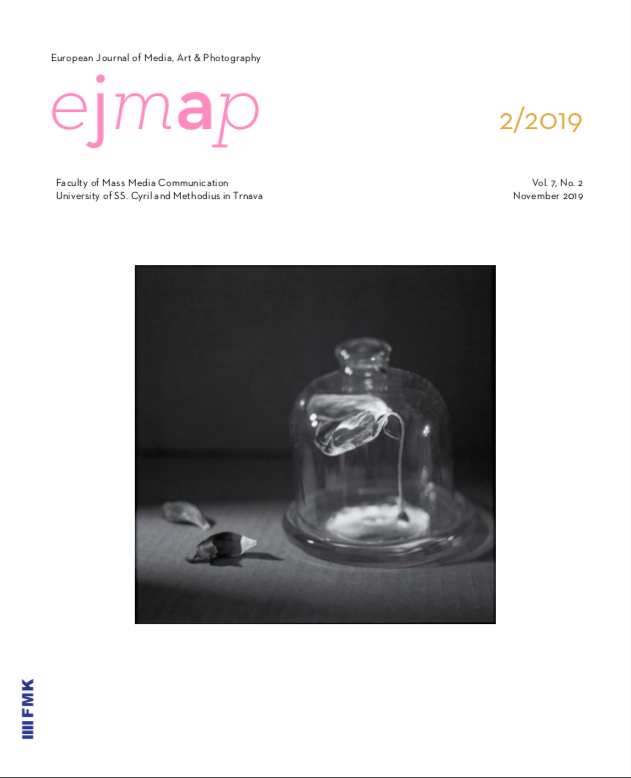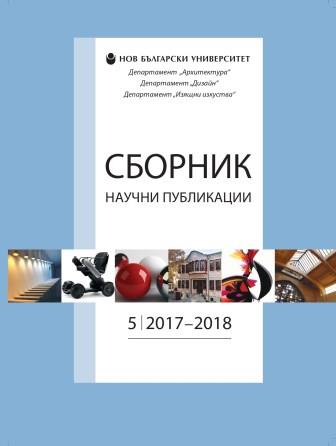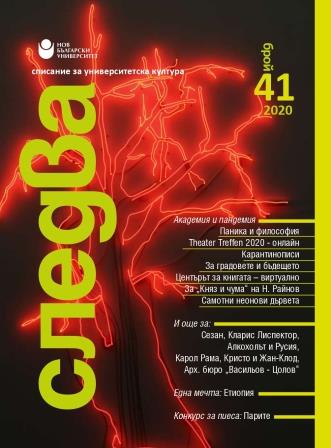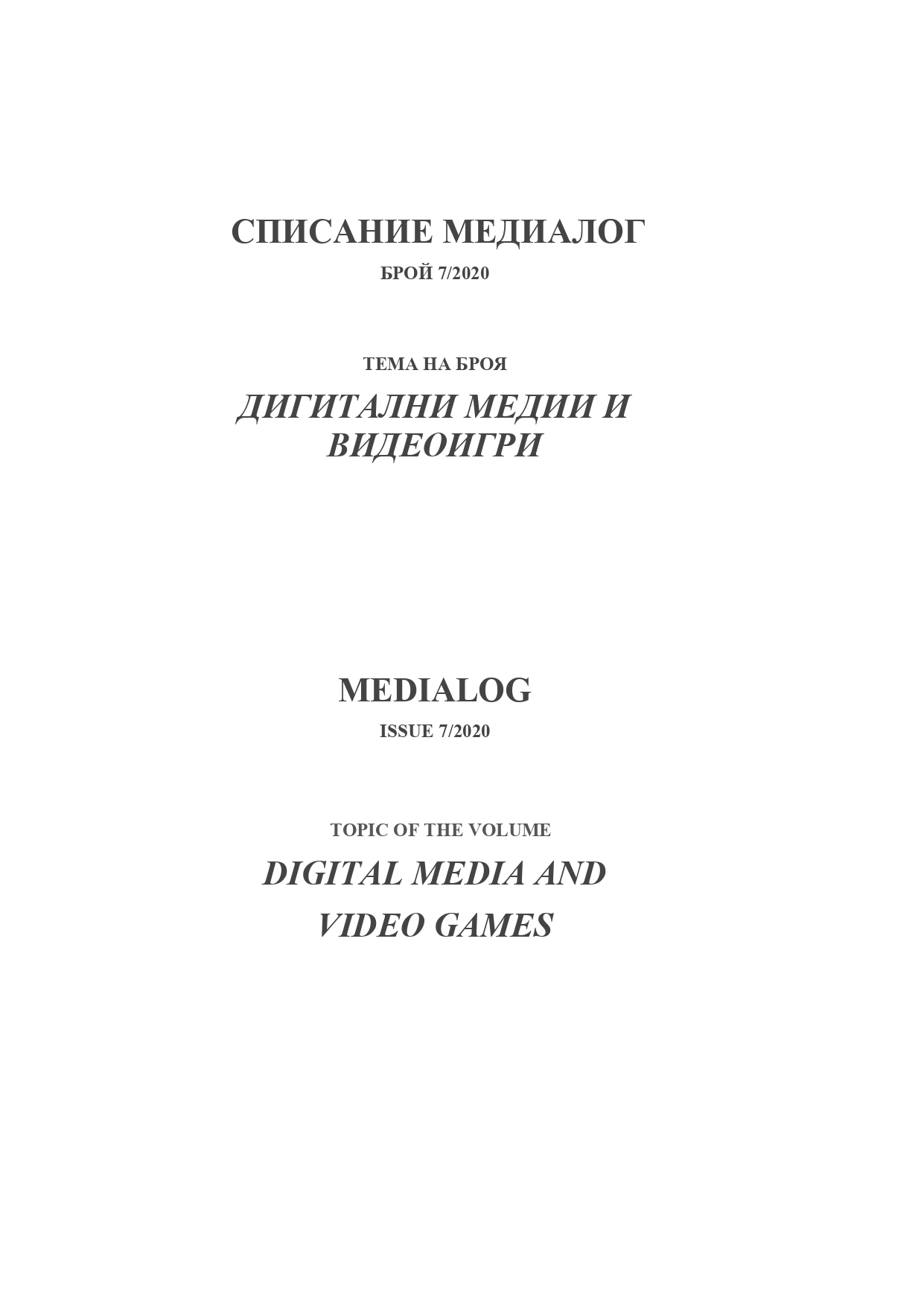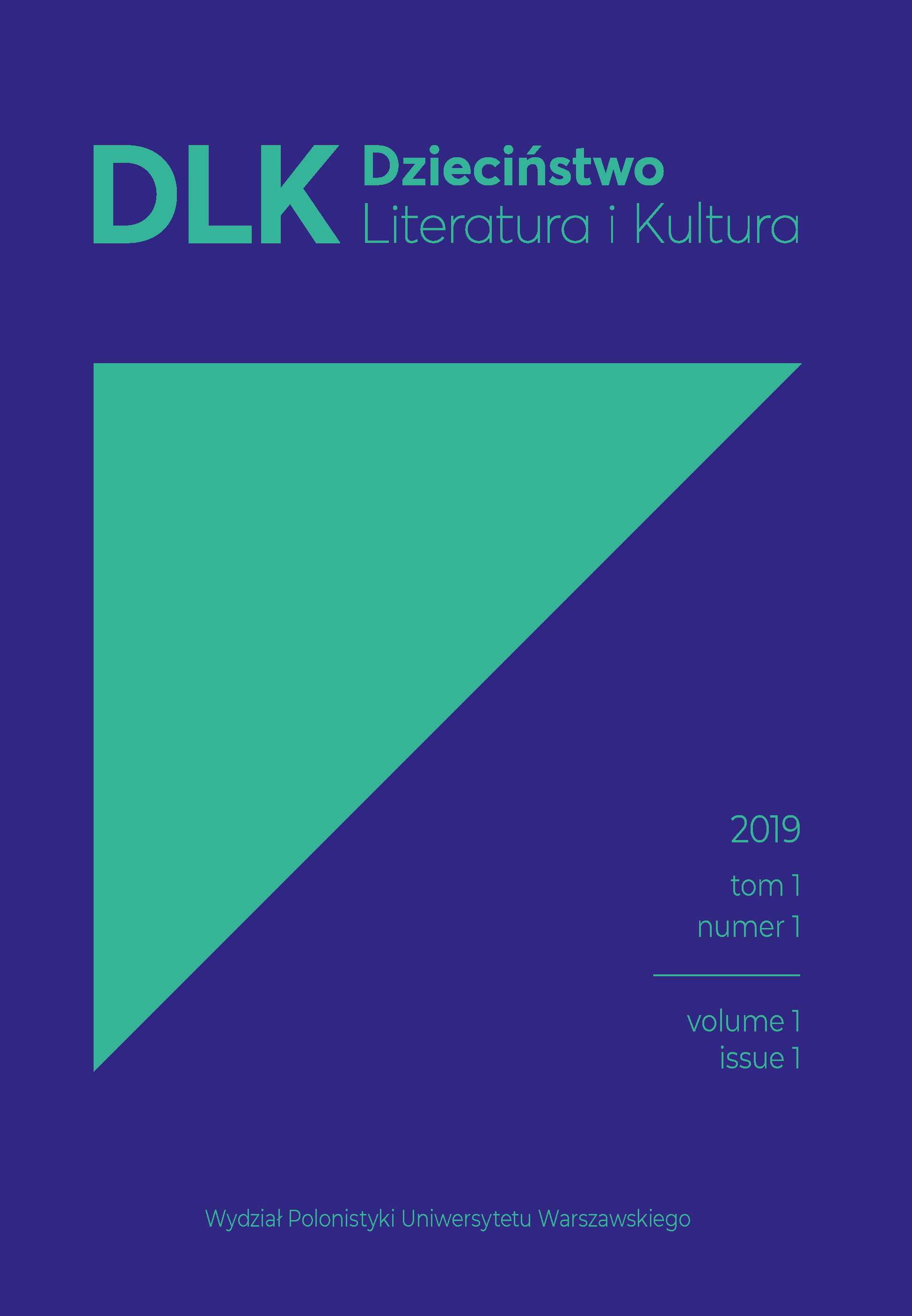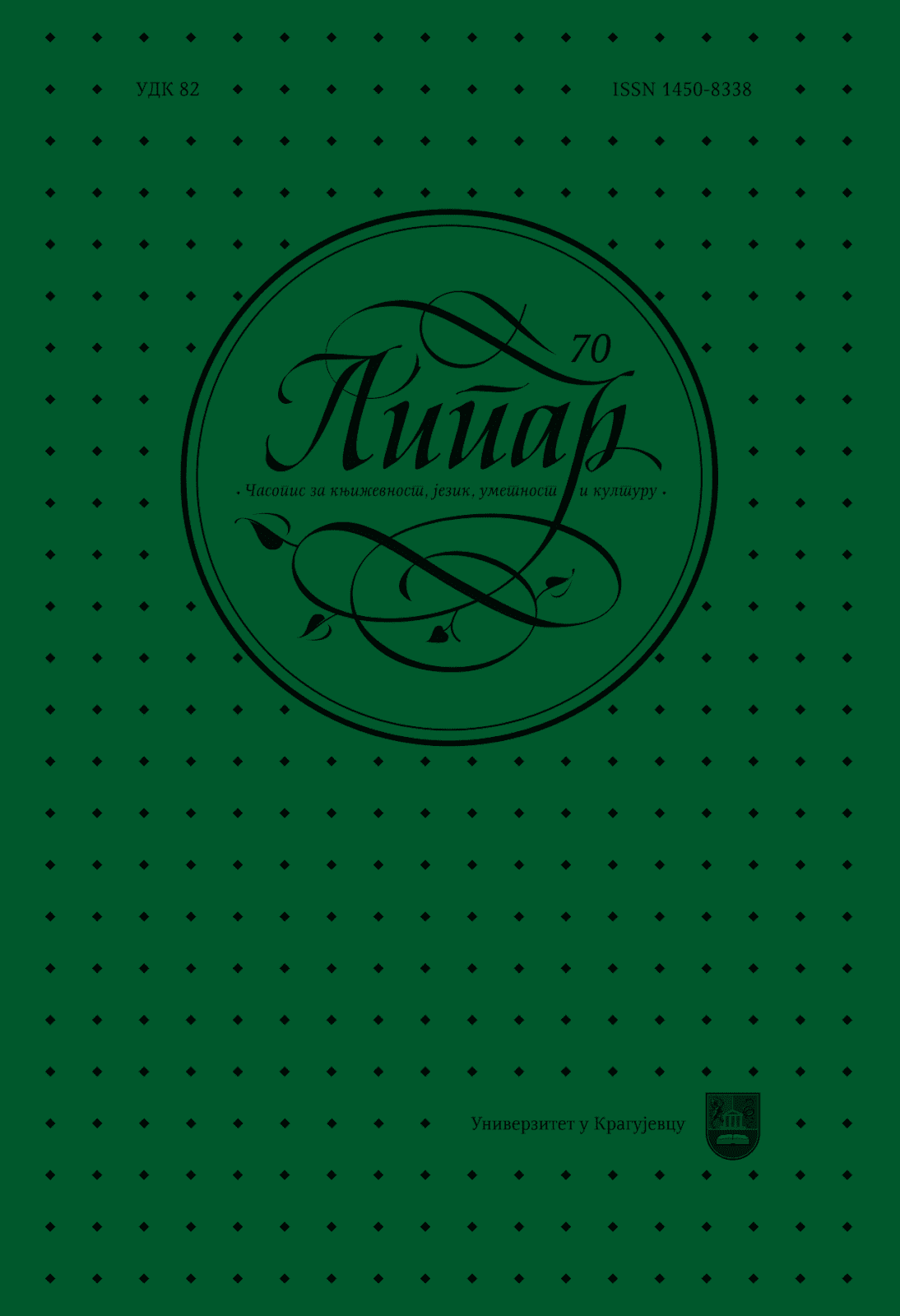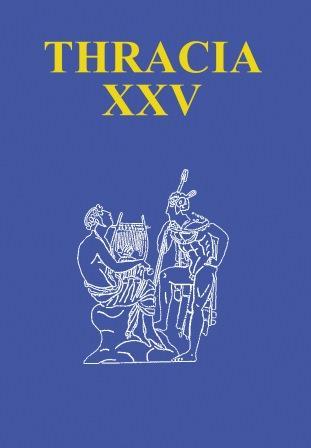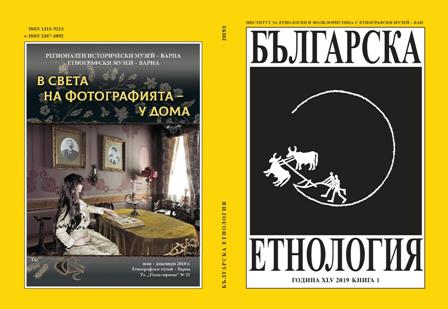
Ангел Букорещлиев: Животоописание във фотографии
The present article offers a possible interpretation of a small part of the photographs of Angel Bukoreshtliev – one of the most significant figures of the music life of Plovdiv and the rest of the country in the first half of the 20th century – kept in the MusicalInstruments and Ritual Requisite Fund of the Regional Ethnographic Museum – Plovdiv. The photographs selected for the purpose of the analysis enable us to “read“ the life of Bukoreshtliev from the perspective of his and his family’s social standing and in the context of the development of the Bulgarian photography. On the one hand, having in mind the fact that photography was a luxury until the Balkan Wars and photographic services were within reach of the people of higher social standing, his biography bears record of his belonging to the more well-to-do strata of the society as well as of his successful music and pedagogical career. On the other hand, the photographs selected give us information about the photographers (the Karastoyanovbrothers, V. Velebni, A. Andreev etc.) in Sofia and Plovdiv in that period, about the people they used to photograph, about the people who chose their photo studios etc. The photographs here presented were never published; thus, they introduce a new touch to the research field of the Bulgarian music life. The music funds could give answers to even more questions which may be subjects of other studies.
More...
